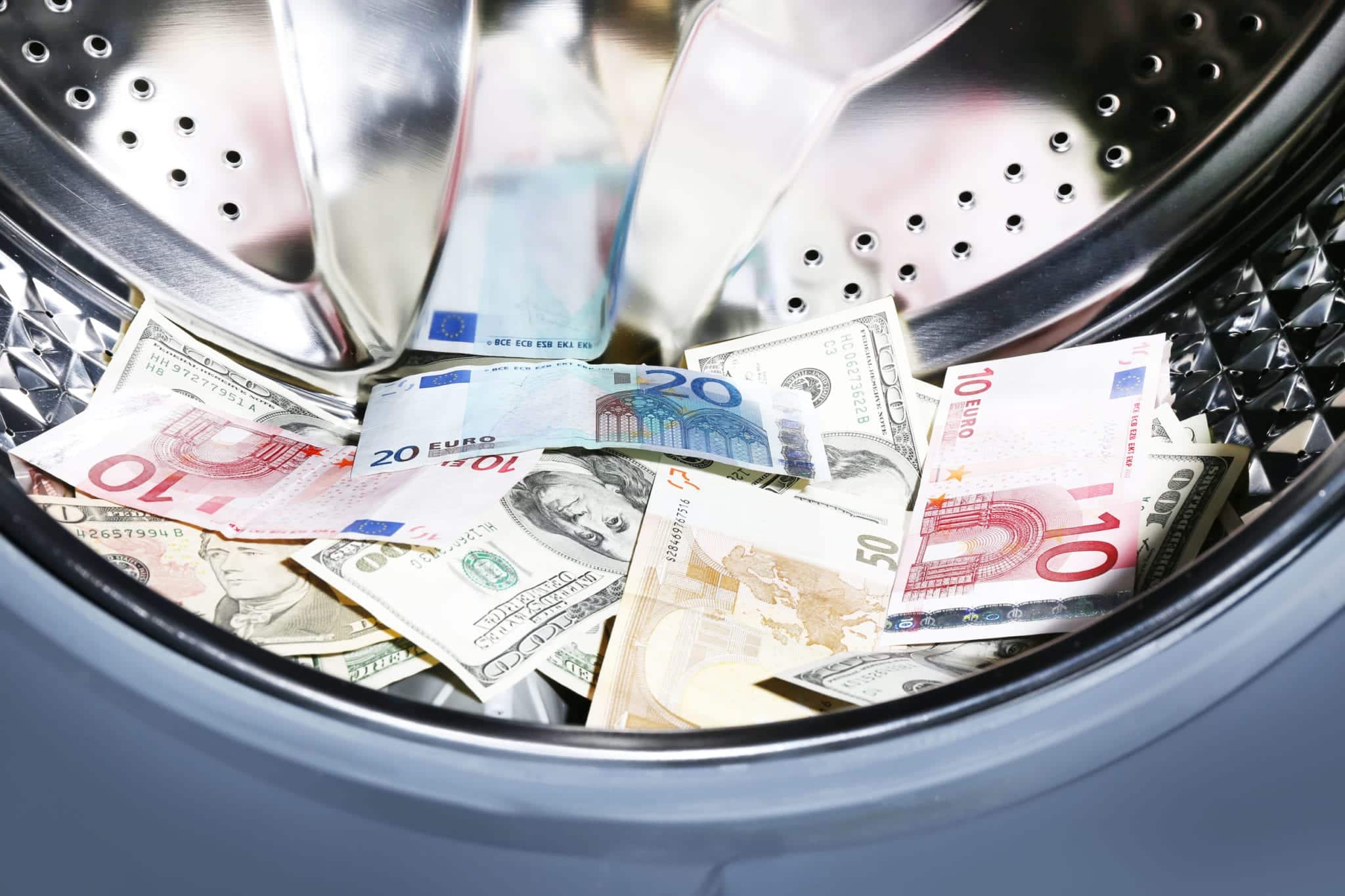
Reputable media outlets have in recent months give credible voice to allegations that President Donald Trump and his team knew about money laundering in real estate deals before he was elected. As investigations by the Special Counsel and the New York Attorney General unfold, the seriousness of the allegations could create major legal problems for the president, members of his family and those in his inner circle.
Below we’re going to dive into the investigations in more detail, as well as the penalties for those convicted of money laundering under federal laws.
What We Know about the Trump Case
Trump has long been suspected of selling property to Russians with shady or known criminal backgrounds, and engaging in business with Deutsche Bank, which has been the focus of federal prosecutors who have reason to believe the bank has been involved money laundering.
According to one report, Russians have acquired nearly $100 million in property from Trump. Right before the Great Recession occurred in 2008, Deutsche Bank was Trump’s main lender.
When the recession hit, Trump was sued by the bank for defaulting on a $640 million loan. He countersued the bank under allegations that they were a major player in the recession. Then in 2010, he repaid the original loan by borrowing from the bank’s division for wealth management.
During this same period, Deutsche Bank’s Moscow branch was involved in a $10 billion money laundering scheme with Russians. The bank freed up Russian money for the bank’s New York branch by placing it in shell companies located offshore. That New York branch was the same one Trump used to secure loans. At the time of his election, he had about $300 million tied up in loans to Deutsche Bank.
Trump’s son-in-law, Jared Kushner, also has ties to Deutsche Bank. He secured a $285 million loan from the bank one month before Trump was elected in November 2016.
These money laundering investigations are separate from the one being conducted by special counsel Robert Mueller into collusion between the Trump campaign and Russian operatives with interests in having Trump elected. Paul Manafort and Rick Gates, who both worked on the Trump campaign, have been charged by Mueller with several crimes – including money laundering. Mueller wants to know if any of Trump’s loans were sold by Deutsche Bank to VEB, a Russian bank that may be linked to Russian intelligence.
The difficulty of proof in these kinds of cases is that the prosecution must prove the defendant acted with intent, which is hard to prove even when political agendas aren’t in play.
However, if the evidence is sufficient to show that money laundering occurred, a paper trail will exist that could make the case irrefutable before a jury.
Money Laundering in Real Estate: How It Works, and What the Penalties Are

Real estate money can be laundered by purchasing a property with illegitimate money. Then someone can keep it as an investment or gain rental income from it. When the property is sold, the proceeds from the sale look legitimate on paper. Federal law considers any transaction with over $10,000 in illegal funds as money laundering.
Shell companies are sometimes unlawfully used to make transactions look legitimate. A bank can be held responsible if a real estate deal is known to be suspicious. Any person involved in the transactions can be indicted for conspiracy.
A money laundering conviction can result in up to 20 years in prison and a fine equal to the larger amount of either $500,000 or twice the transaction. A civil penalty equal to either $10,000 or the transaction, whichever is greater, may also apply.
If you have questions about money laundering charges, you can contact our offices for a free initial consultation.



